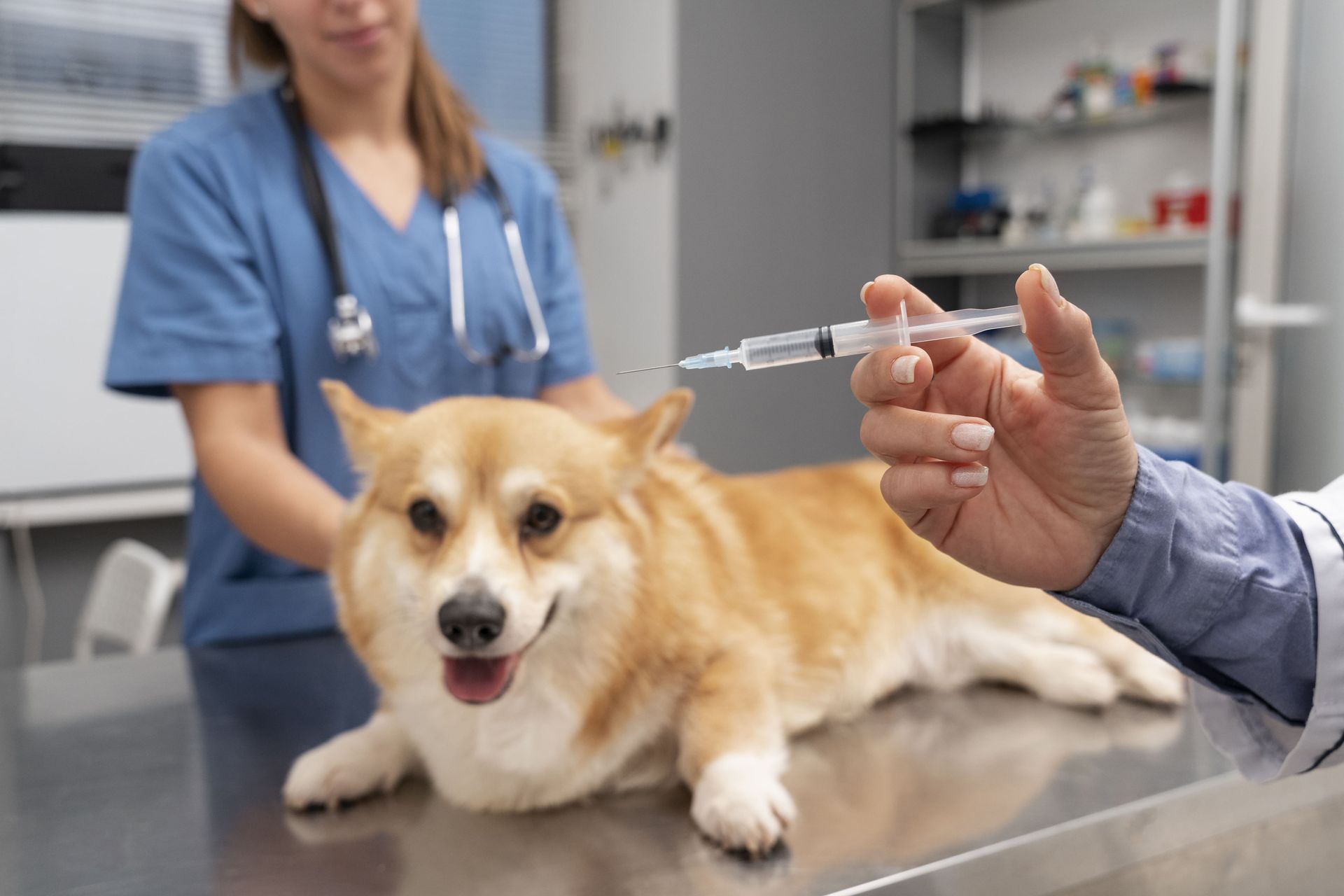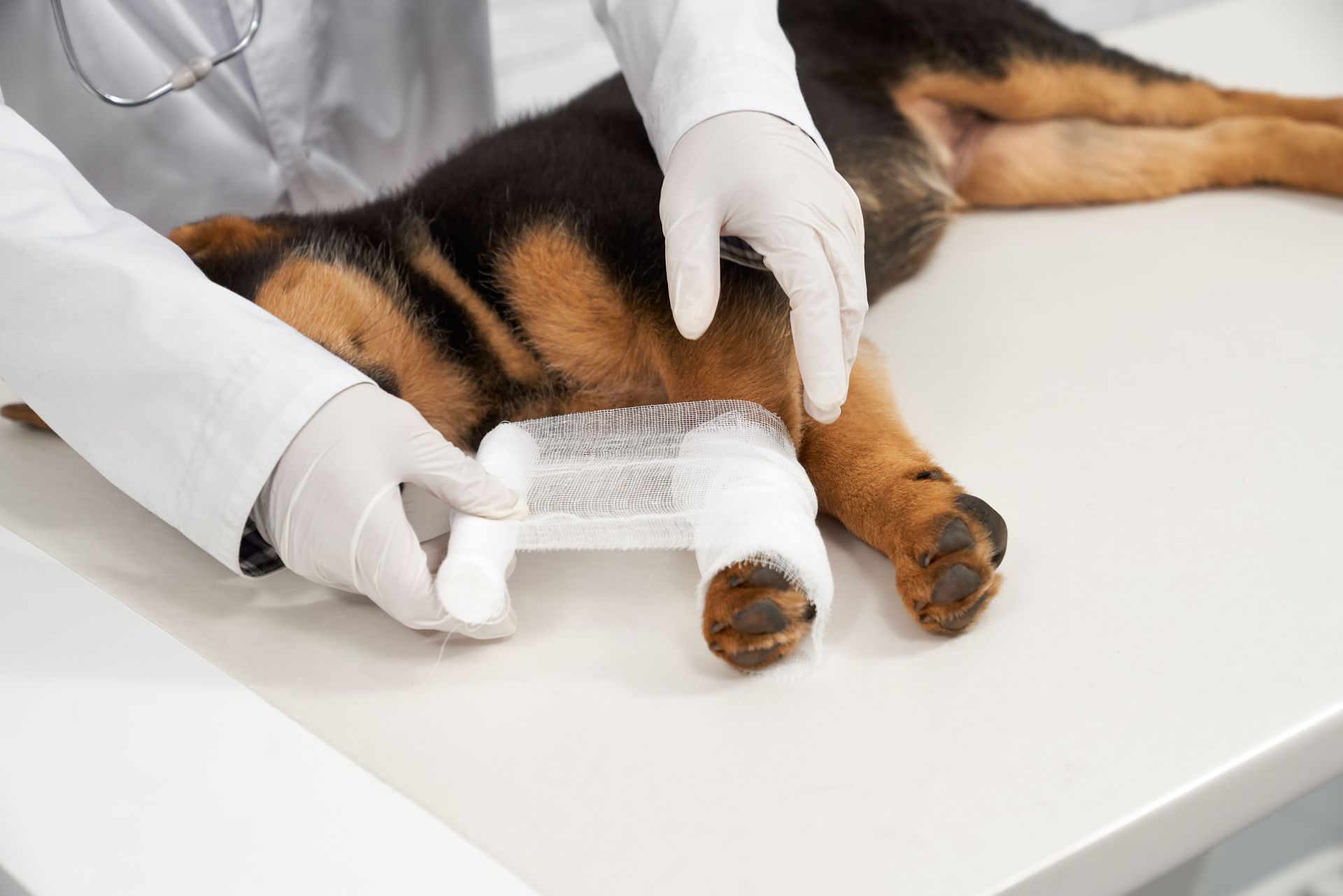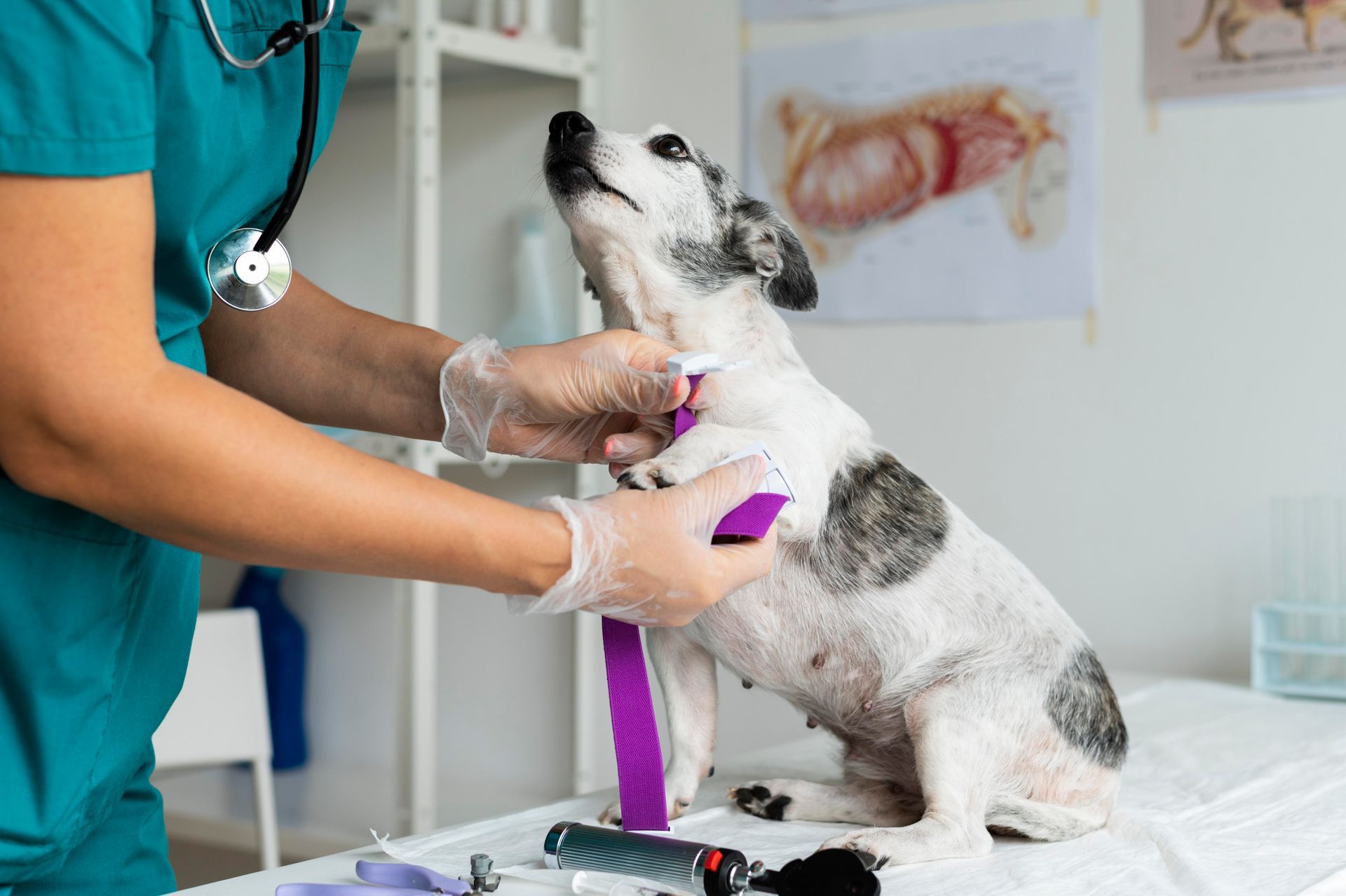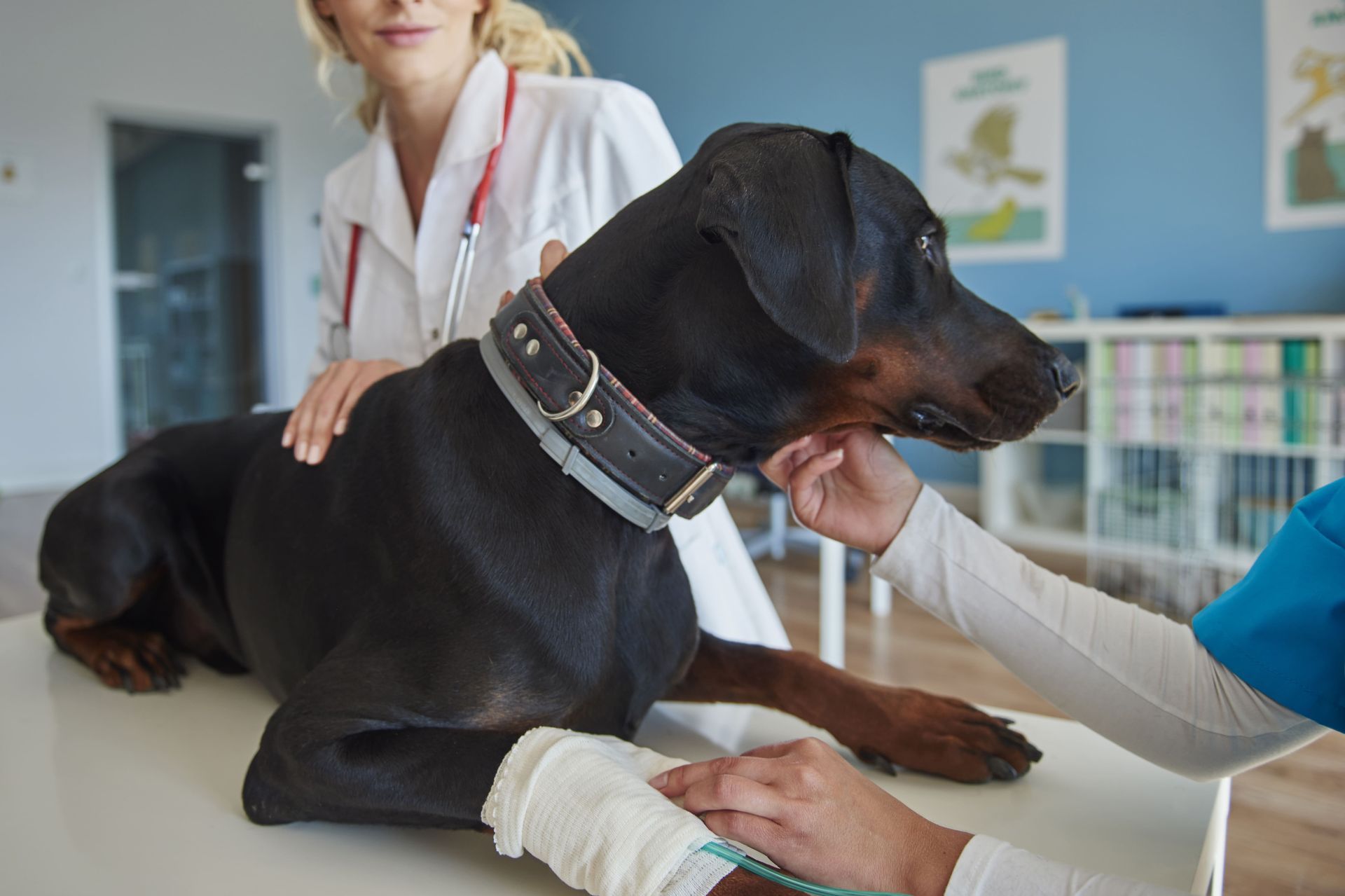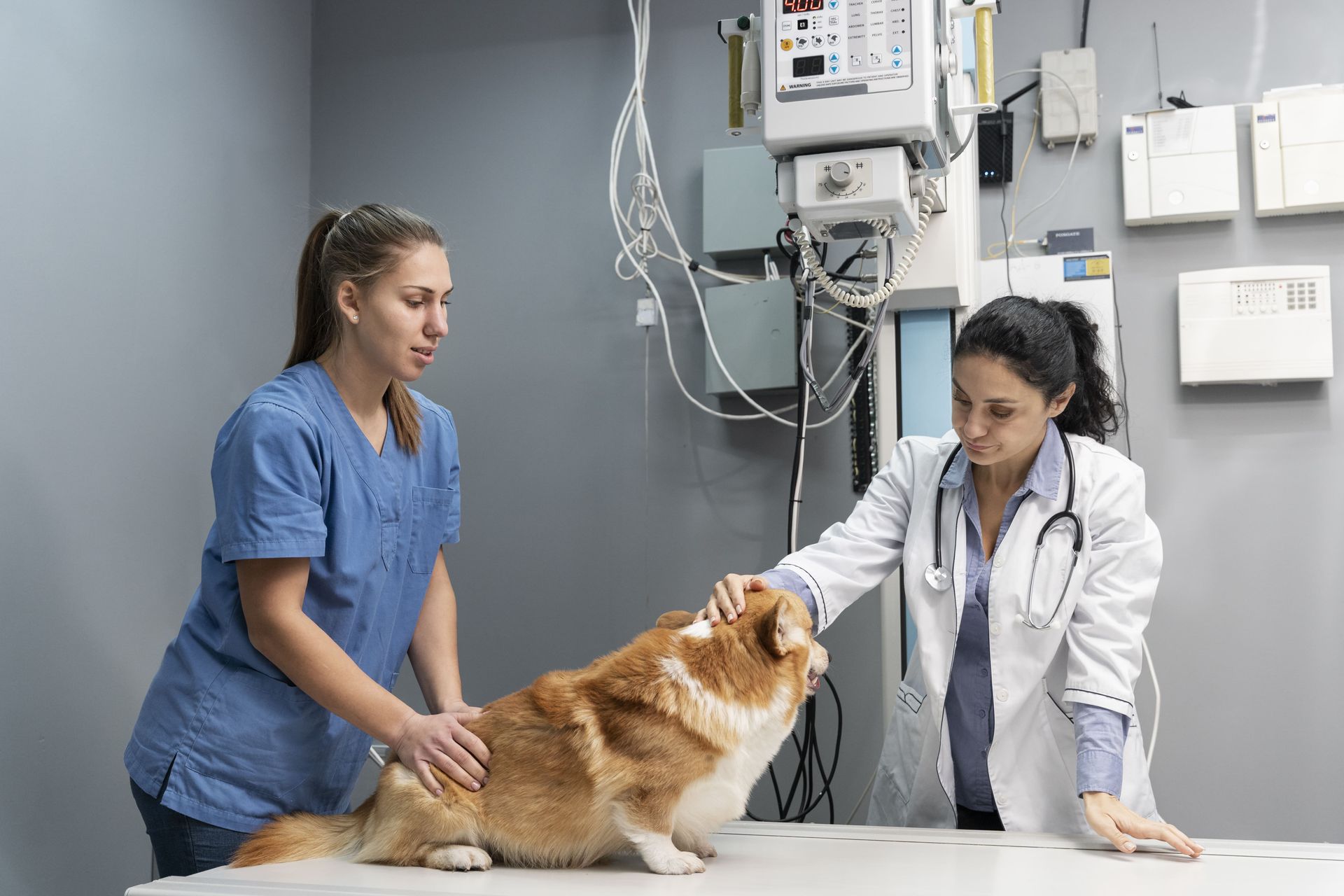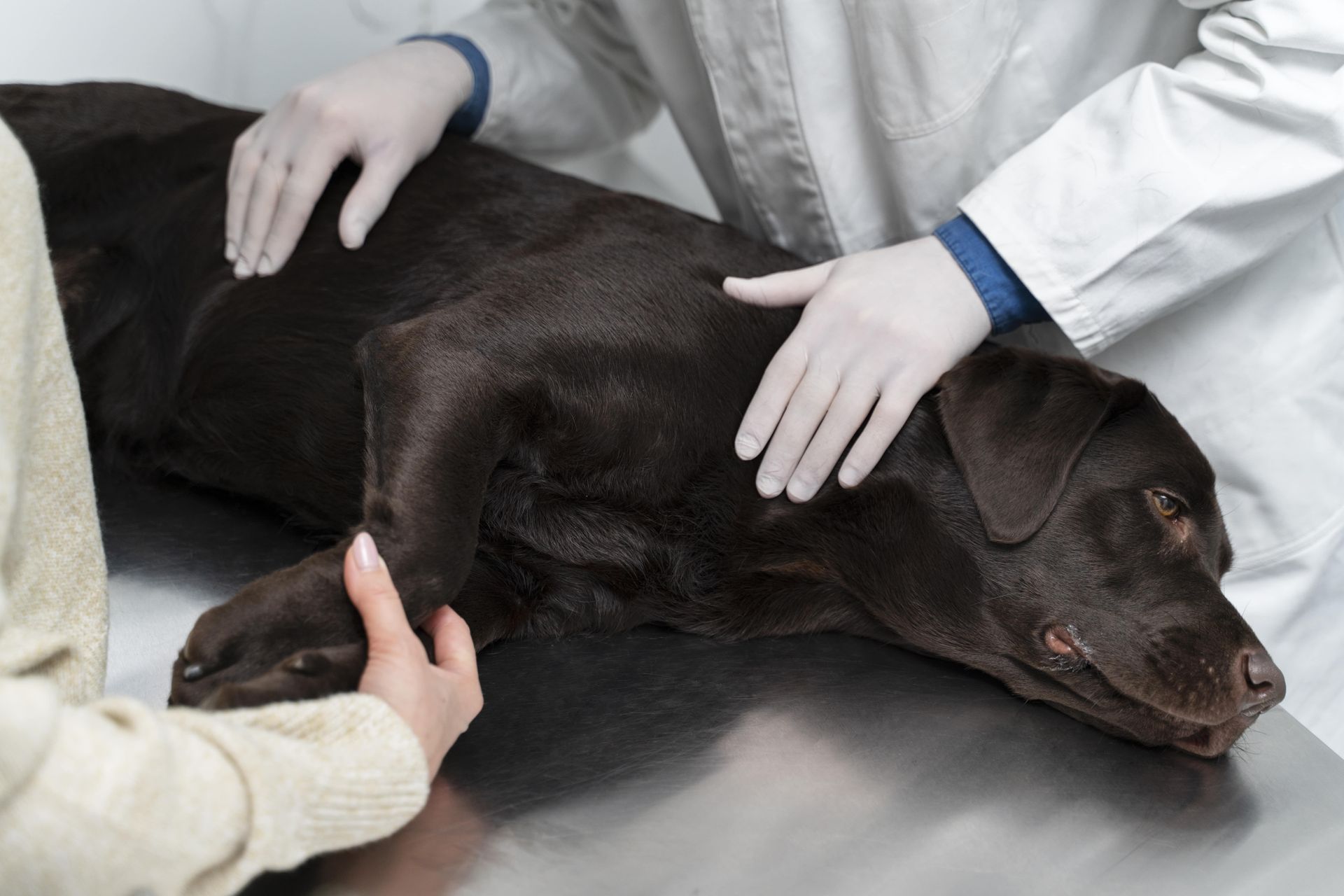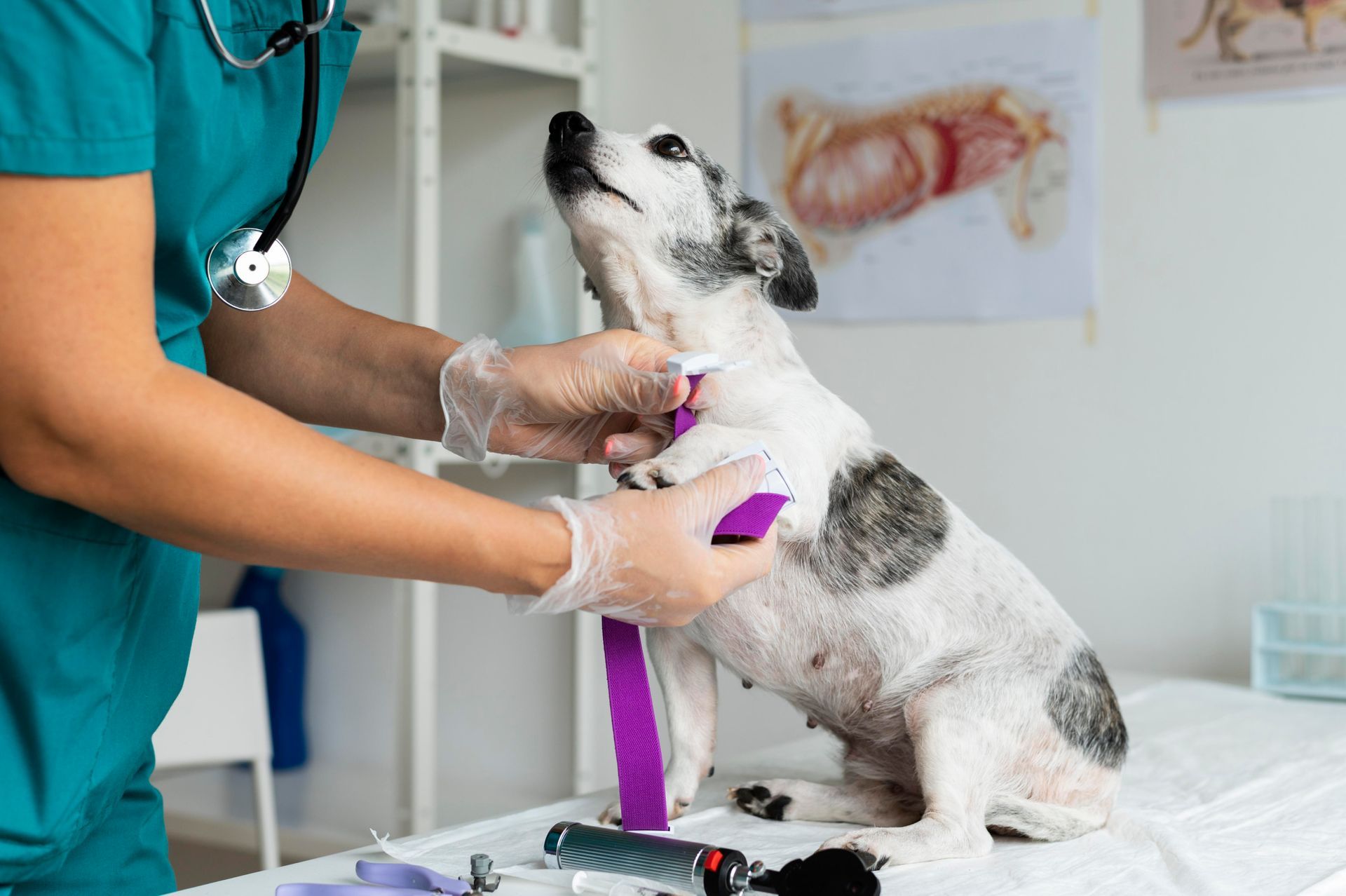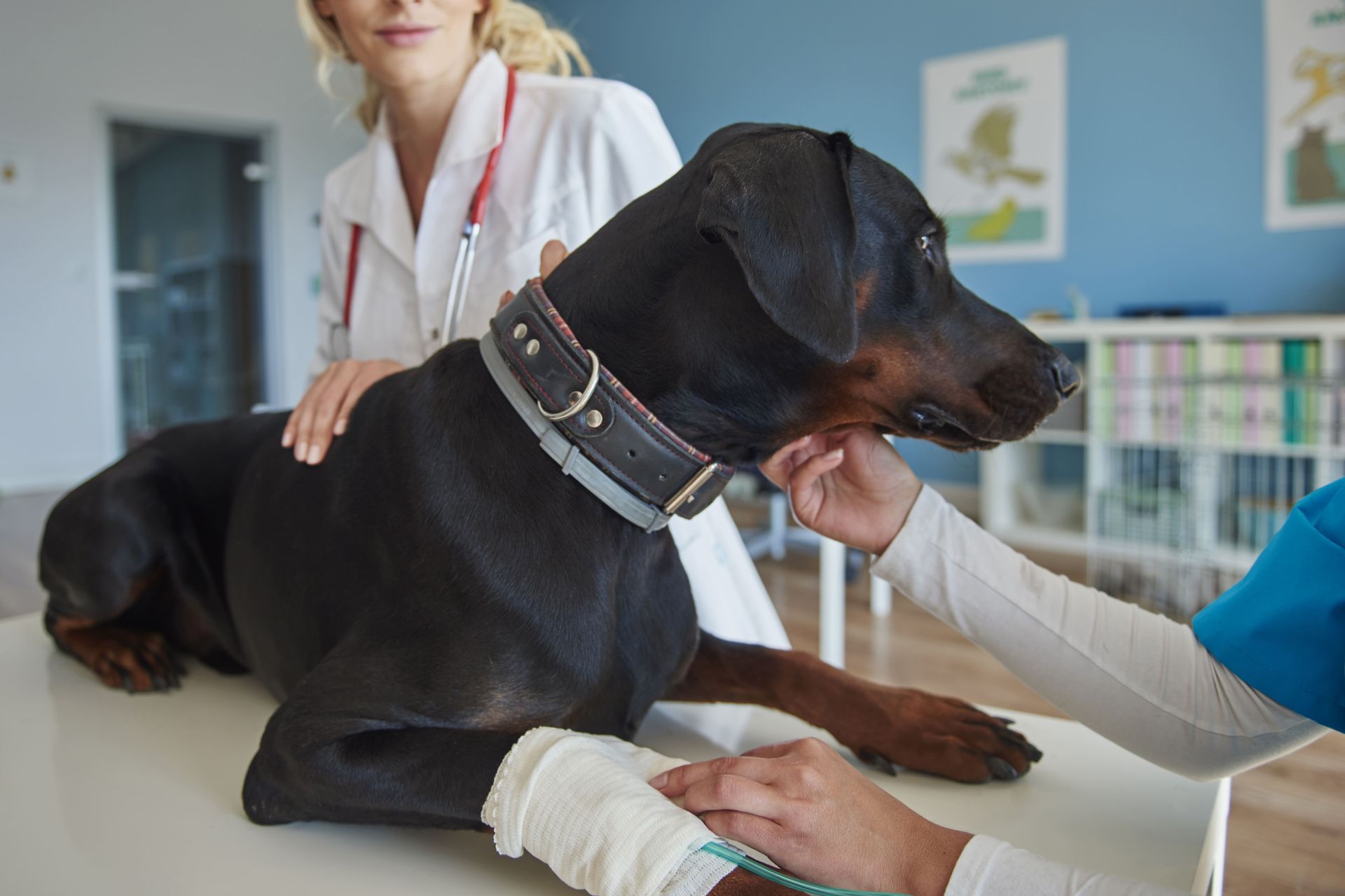Importance of Regular Visits to a Veterinary Specialist
When it comes to the health of our furry companions, love alone isn’t enough. Behind every wagging tail or gentle purr lies a complex system that sometimes needs more than just routine care. That’s where a veterinary specialist steps in, bringing not just advanced knowledge, but a laser-sharp focus on specific areas of animal health. Whether your pet is dealing with a chronic condition, showing subtle signs of discomfort, or simply getting older, specialized care can be the difference between temporary relief and long-term wellness. In today’s rapidly evolving world of veterinary medicine, specialists aren’t just optional; they’re essential allies in your pet’s lifelong journey. From diagnosing the mysterious to treating the rare, they bring clarity and comfort when you need it most. In this blog, we’ll explore why making regular visits to a veterinary specialist is one of the most loving and impactful decisions you can make for your pet’s health and happiness.
Understanding the Role of a Veterinary Specialist
A veterinary specialist is a veterinarian who has advanced training and expertise in a particular area of veterinary medicine. They can provide specialized care and guidance that goes beyond what regular veterinarians offer. Specialists can focus on areas like cardiology, dermatology, or orthopedics, allowing them to offer targeted treatment plans for complex conditions.
These experts are crucial in diagnosing and managing diseases that require a deeper understanding of specific animal health issues. By drawing on their specialized knowledge, they ensure that pets receive the most precise treatment tailored to their individual needs. Not only does this enhance the quality of care, but it also helps pet owners understand their furry friends' health better, leading to more informed decisions regarding their treatment and wellbeing.
In today’s fast-paced world, it is more important than ever for pet owners to be informed about the expertise a veterinary specialist provides. With continuing advancements in veterinary medicine, specialists are often at the forefront of introducing new therapies and treatments. They are trained to interpret specialized diagnostic tests, giving them the ability to uncover hidden health problems effectively.
For instance, a veterinary specialist can employ minimally invasive procedures like endoscopy, which is widely used in pet healthcare to evaluate internal issues safely without resorting to traditional surgeries. Such procedures reduce recovery time and discomfort for pets, emphasizing the invaluable role these professionals play in today’s pet care ecosystem.
Recognizing the Signs That Require Specialist Attention
Even the healthiest pets can experience hidden health issues. Recognizing early warning signs and knowing when to consult a veterinary specialist can make all the difference in your pet’s well-being.
- Behavioral Changes: Persistent aggression, lethargy, anxiety, or withdrawal could signal underlying health issues.
- Unexplained Weight Loss or Gain: Drastic weight changes without a dietary shift should be taken seriously.
- Chronic Skin Problems: Recurrent rashes, sores, or itching may require a dermatology specialist.
- Respiratory Issues: Labored breathing, wheezing, or coughing could point to heart or lung problems.
- Recurrent Vomiting or Diarrhea: Ongoing digestive issues need a more specialized diagnostic approach.
- Unusual Swellings or Lumps: Could be benign or something more serious; an oncology consultation may be necessary.
- Difficulty Urinating or Defecating: This can indicate internal blockages or organ issues.
Some breeds are more prone to certain illnesses, making early intervention by a specialist even more crucial for a healthier outcome.
The Benefits of Regular Check-Ups
Routine check-ups with a veterinary specialist do more than just catch problems; they promote a proactive approach to your pet’s long-term health and quality of life.
- Early Disease Detection: Subtle changes spotted early can prevent severe conditions from developing.
- Customized Treatment Plans: Specialists tailor care strategies based on your pet’s breed, age, lifestyle, and medical history.
- Lifestyle Guidance: Recommendations on diet, supplements, and activity suited specifically to your pet’s needs.
- Stronger Vet-Pet Relationship: Regular visits allow the specialist to better understand your pet's individual health profile.
- Updated Preventive Care: Ensures vaccinations, deworming, and flea/tick treatments are current.
- Aging Gracefully: Detect and manage age-related issues like arthritis, vision loss, or dental diseases early.
Frequent vet visits foster a deeper level of care, minimizing health surprises and maximizing your pet’s happiness.
How do Veterinary Specialists Collaborate with General Veterinarians?
Specialists work closely with regular vets to ensure comprehensive care for your pets. This partnership ensures that your pet receives the most effective and comprehensive treatment. While general veterinarians provide routine care and handle the majority of health concerns, they rely on the expertise of a veterinary specialist for more complex diagnoses and treatments.
This collaboration is crucial in offering a holistic approach to your pet’s care, combining the broad knowledge of regular veterinarians with the specific insights of specialists. Through regular communication, both parties can track the progress of treatments, adjust as necessary, and ensure that every aspect of your pet’s health is covered.
The synergy between veterinary specialists and general practitioners often involves shared case management. General veterinarians may initiate diagnostic workups but will engage specialists when advanced techniques or therapeutic interventions are required. For example, when a serious condition like a heart issue is diagnosed, a general vet may collaborate with a veterinary cardiologist to develop an appropriate treatment plan.
This teamwork ensures that the pet benefits from a wealth of pooled expertise, leading to a more effective and efficient recovery process. Through meticulously coordinated care, pet healthcare becomes an integrated process that prioritizes their wellbeing.
Prioritizing Pet Health Through Specialist Care
Making regular visits to a veterinary specialist part of your routine can lead to a healthier, happier life for your pets. It's not just about preventing illnesses; it's about ensuring they have the best quality of life possible.
Whether your pet is recovering from a serious illness, managing a chronic condition, or simply aging, the role of a veterinary specialist becomes increasingly vital. From specialized diagnostics to personalized treatment strategies, their work extends far beyond basic veterinary care.
Visit Lincoln Avenue Cat & Dog Hospital to learn more about how we can help you prioritize your pet's health through dedicated, specialist-led veterinary care.
Final Words
Your pet is a cherished part of your family, and just like family, they deserve the best care possible. By understanding the value of a veterinary specialist, recognizing early warning signs, and committing to regular check-ups, you’re giving your pet a strong foundation for a long and healthy life. With collaborative care between general vets and specialists, your furry friend benefits from a complete and compassionate healthcare experience. Take that extra step today; it could mean a world of difference in your pet’s tomorrow.
FAQs
Q-1: What’s the difference between a regular veterinarian and a veterinary specialist?
Ans: A regular veterinarian provides general care, while a veterinary specialist has advanced training in a specific area such as cardiology or dermatology, offering expert-level diagnostics and treatments for complex cases.
Q-2: How do I know if my pet needs to see a veterinary specialist?
Ans: If your pet has ongoing symptoms like unexplained weight loss, chronic skin issues, or breed-specific health concerns, your general vet may refer you to a veterinary specialist for more in-depth care.
Q-3: Are veterinary specialist visits more expensive?
Ans: Yes, visits to a veterinary specialist can be more expensive due to advanced diagnostics and treatments. However, their expertise can often lead to faster, more accurate diagnoses, ultimately saving money and improving outcomes.
Q-4: How often should I take my pet to a veterinary specialist?
Ans: It depends on your pet’s health condition. Some pets may require routine specialist care every few months, especially if managing a chronic illness, while others may only need it as recommended by your primary vet.

